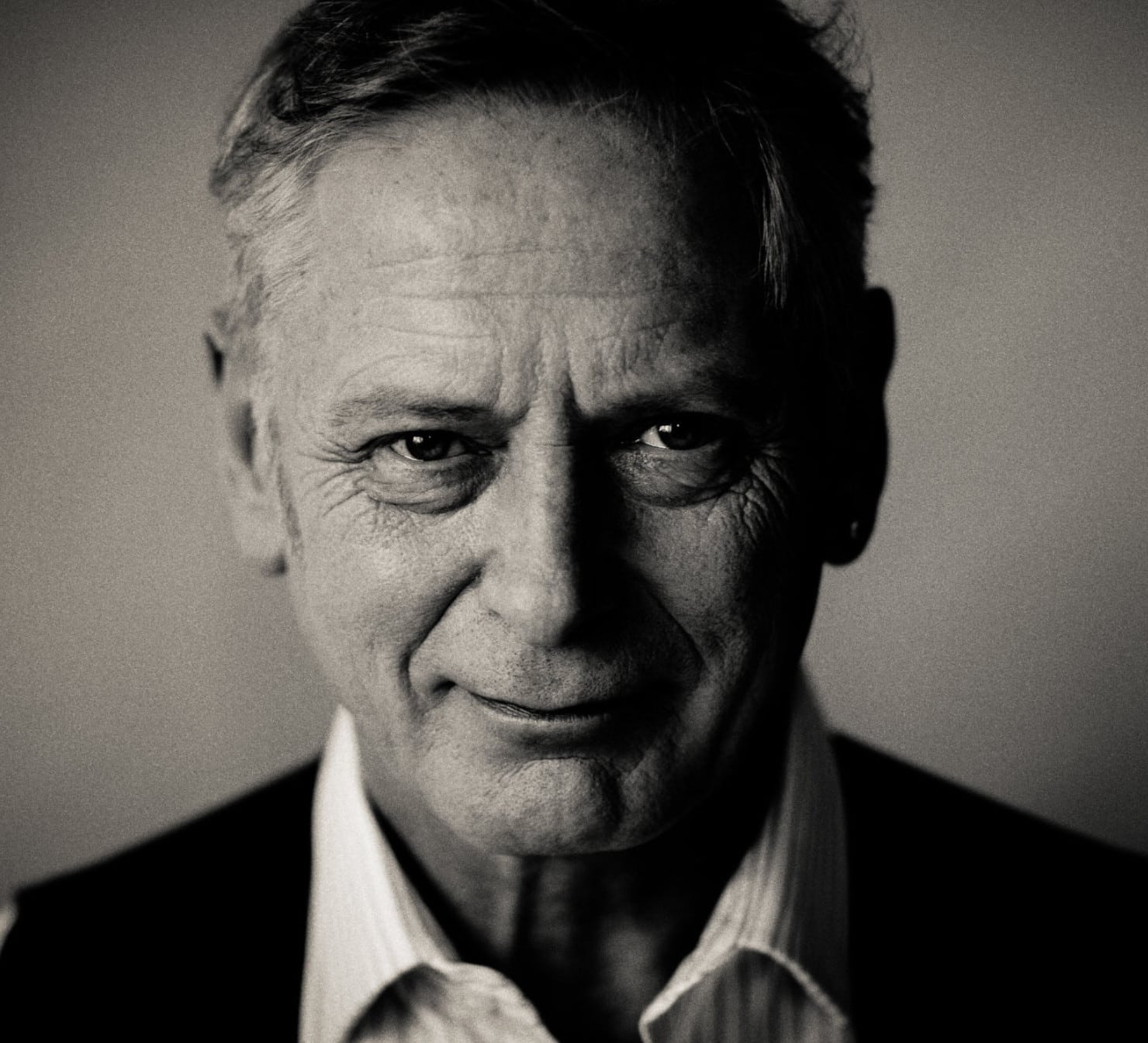Maestro veto: Jurowski refuses Siberia
mainVladimir Kekhman, the new head of the Novosibirsk Opera – appointed yesterday after the Kremlin fired his predecessor over the Tannhäuser furore – today offered the post of principal conductor to Vladimir Jurowski.
Jurowski refused. Kekhman then offered it to the Perm-based Greek conductor Teodor Currentzis, who is said to be thinking about it. Currentzis was principal conductor in Novosibirsk from 2004 to 2010.
Last month, Jurowski issued the following statement about Tannhäuser, translated here from the Russian:

I have not seen the Novosibirsk opera and ballet theatre «Tannhauser» production to the Wagner opera, that is why I cannot speak of the production itself, although according to its numerous descriptions in mass media and blogs, the production is interesting and controversial, and that means the production is worth noticing.
This is not about the production or its creators – this about the principle. The principle is that the theatre is not a temple and the laws applicable to worship service do not apply to it. People attending a theatre production, deliberately come to see the art, and the art is primarily a search and dialogue, including a critical one. In case of classical opera staging, this is also a dialogue of us of today with a cultural historical layer of the past, and it is impossible without conscious reflection and re-evaluation of the original artists’ concept. Theatre, as any other living being, cannot live within a dogma, especially a religious one.
Any theatre production, and therefore its authors, can be a subject of criticism, including public one. Any spectator, outraged by a production, has every right to stand up and leave the theatre, without waiting for the performance end. The spectator also has the right to express publicly their indignation through the press or any other media available to them. This is a civilized form of expressing their disagreement with a particular fact of cultural life.
But making a denunciation to the prosecutor against the production, which outraged the spectator? Bringing the director to justice for the theatre production and demanding his imprisonment, «in order to teach others not to do so»??!!.. Setting censorship standards for cultural institutions and a system of supervision over them?.. Well, let us forbid «The tale of the Priest and of his workman Balda» by Pushkin, «Viy» by Gogol and «Resurrection» by Tolstoy as cleric libels, and «The Master and Margarita» by Bulgakov will be prohibited as a Holy Scripture libel! Let us forbid «The Merchant of Venice» by Shakespeare, «The miserly knight» by Pushkin and also a good half of Dostoevsky’s works for anti-Semitism, and «Salome» by Strauss and «Tristan und Isolde» by Wagner – as pornography. We will have to entirely interdict Wagner’s works for the promotion of misanthropic ideas etc…
Let us just not forget that this kind of measures are close to «the medieval court of Holy Inquistion», public book burning on squares or miserable memory of «party and government decrees on anti-cosmopolitism and non-formalism in the field of art» or even, God forbid, «Islamic state» militants’ atrocities!!
The Russian Federation is a secular state and no religion may be established as main or obligatory». This is a quote from the Constitution of the RF, Article 14,1. It is said in the same article of the same source: «Religious associations are separated from the state and are equal before the law». Another article contains the following statement: «Everyone is guaranteed freedom of thought and speech». Every religion must unconditionally be respected. Any sacred cult is an integral part of any country’s cultural traditions. But the system of thought and behavior, which is inherent to a particular religion, cannot be imposed on people, living in a secular state.
Unfortunately, in recent years the atmosphere in the country is becoming more aggressive and intolerant towards any display of «otherness» and «dissent», and the baiting unleashed over the «Tannhauser» production and its creators is one of the saddest displays of this trend. I urge the investigating authorities of Novosibirsk Oblast to drop the case, brought against stage director T. Kulyabin and the Novosibirsk opera and ballet theatre, and the people, who outrage on squares of the country and on the Internet over the production, which they haven’t seen, to return to a civilized dialogue and thereby help us all to restore the atmosphere of humanity, trust and rapport in our country.
Vladimir Jurowski,
March 7, 2015





But this is nothing new that Mr. Jurowski presents us with . He has but to go back to russian history of tyranny and the great Polish poet Adam Mickiewicz under house arrest for his poetry and the banning of the Polish language etc. in the 1800s and down the line to Stalin and to-day to Putin .
That Mr. Jurowski speaks out is good however carefully he speaks out …
A calm and reasonable statement of a vital principle of Artistic Freedom. Good for Maestro Jurowski.
This is a principled response that is also a very brave one. I assume that Mr Jurowski is not planning a career move back to Russia in the near future.
Bravo Maestro, you said very clear about the matter: what theatre and musical theater are. Thank you!!!
You must have missed the fact that Jurowsky is the principle conductor of the Svetlanov State Symphony Orchestra in Moscow.